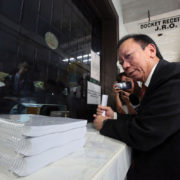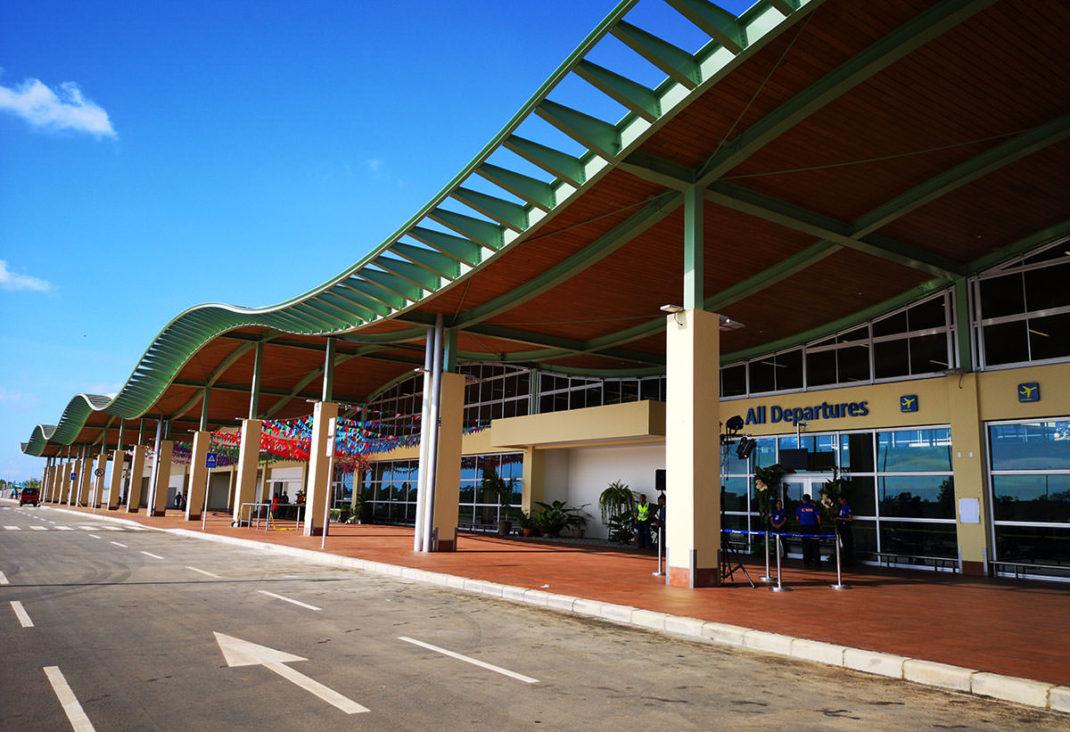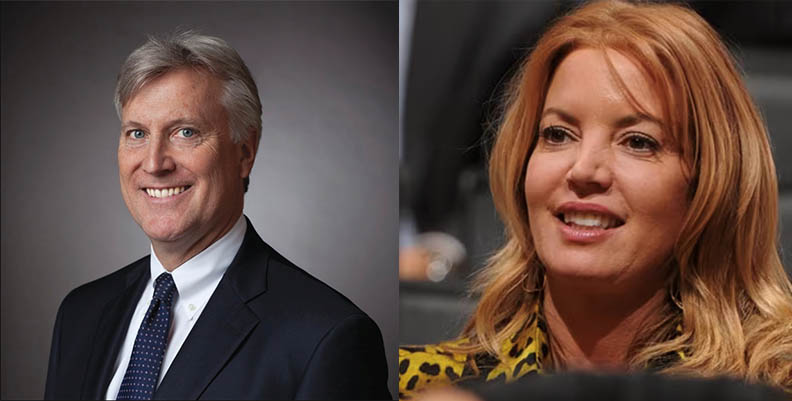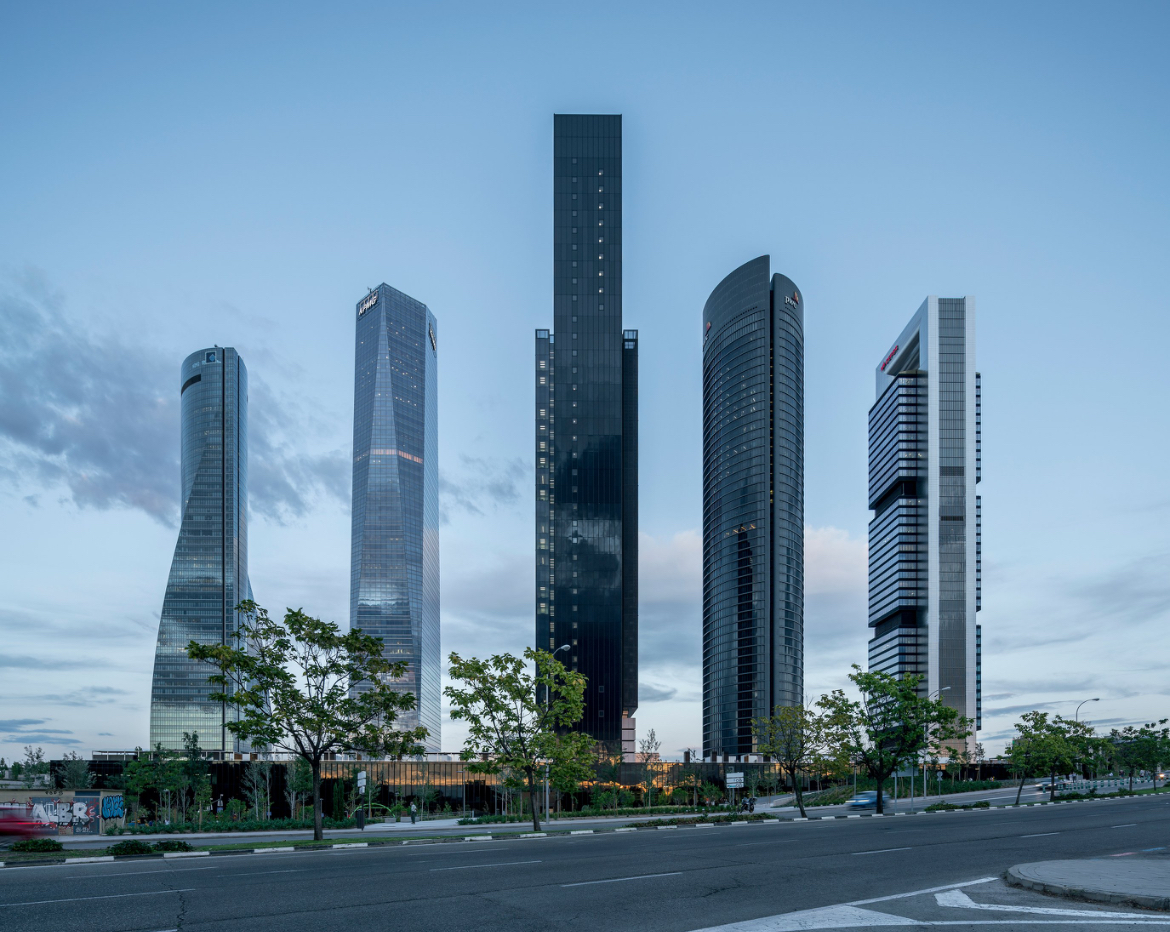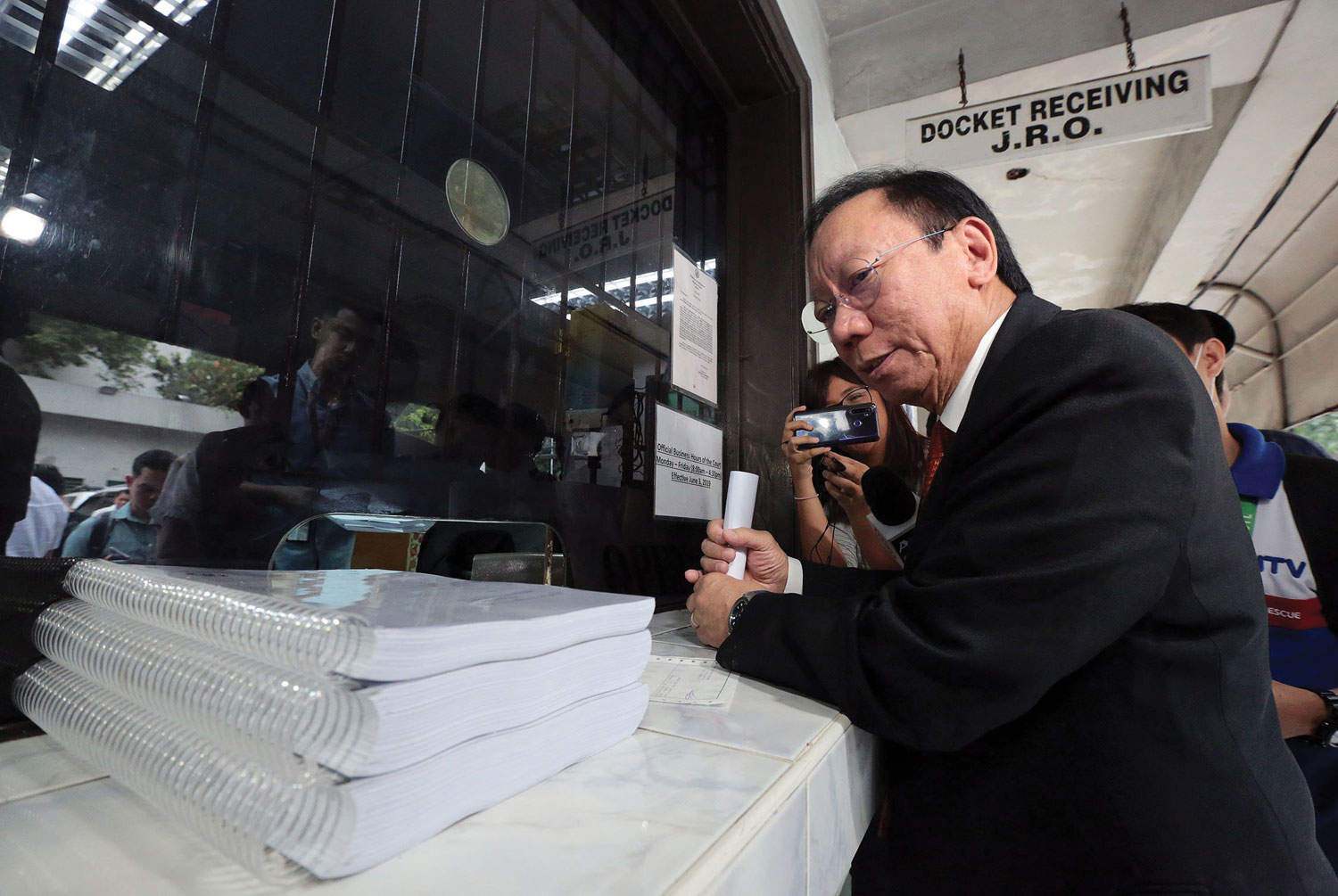
THE fate of ABS-CBN’s franchise renewal lies upon Congress and the Supreme Court, Malacañang said on Tuesday, February 11.
This comes a day after Solicitor General Jose Calida on Monday, February 10 filed a petition before the Supreme Court for the cancellation of ABS-CBN’s 25-year franchise, alleging that the TV network reportedly violated rules set by Congress.
Presidential spokesperson Salvador Panelo told reporters that President Rodrigo Duterte is disassociated from the franchise ordeal with the media conglomerate.
However, the president has said in the past that he would oppose the network’s franchise renewal due to its supposed failure to air a campaign ad that he paid for before the 2016 presidential election.
“The president has nothing to do with it,” Panelo said. “The filing of a petition for quo warranto is on the initiative of the SolGen pursuant to his constitutional duty to file any action in the court in the event of any, from his point of view, transgression of the law, that’s why he filed the case.
“We will leave it to the Supreme Court vis a vis that petition,” he added.
Panelo also said that the Congress has the sole power to grant a franchise as the legislative body can overturn any veto of the president through a two-thirds vote.
“It can be overruled. In other words, from whatever angle you look at it, it’s Congress; it’s not the president,” he said.
ABS-CBN’s franchise contract is set to expire on March 30.
SolGen: Put an end to ABS-CBN ‘highly abusive practices’
In his quo warranto petition, Calida accused the broadcasting giant of “unlawfully exercising their legislative franchises under Republic Act No. 7966 and Republic Act No. 8332.”
RA 7966 pertains to the Act granting ABS-CBN Corporation franchise to operate, while RA 8332 is the Act Granting Multi-Media Telephony, Incorporated, a Franchise to Construct, Establish, Operate and Maintain Radio Paging System in the Philippines.
Multi-Media Technology, Inc. is also known as ABS-CBN Convergence, Inc. — the network’s communications arm.
“We want to put an end to what we discovered to be highly abusive practices of ABS-CBN benefitting a greedy few at the expense of millions of its loyal subscribers. These practices have gone unnoticed or were disregarded for years,” Calida said in a statement.
He accused the network giant of allowing foreigners to invest in its ownership, which violates Article XVI Section 11 of the Constitution that limits ownership and management of mass media only to Filipino citizens.
“Like Rappler, ABS-CBN issued Philippine Deposit Receipts through ABS-CBN Holdings Corporation to foreigners, in violation of the foreign ownership restriction on mass media in the Constitution,” Calida said.
PDRs are instruments that give foreign investors a passive economic interest in a Philippine company without being assigned voting rights that regular common shares have.
Calida also accused ABS-CBN of “abusing the privilege” given by the State when it operated a pay-per-view channel (KBO Channel) in its ABS-CBN TV Plus cable product without a permit from the National Telecommunications Commission.
“While it is true that broadcasting is a business, the welfare of the people must not be sacrificed in the pursuit of profit,” he said.
Shawn Crispin, senior Southeast Asia representative for the Center to Protect Journalists, called on Calida to withdraw the case against the network.
“The timing, tone, and content of this legal complaint make it clear that this is not an administrative disagreement, but a political persecution,” Crispin said.
‘No violation’
ABS-CBN maintained that it has complied with all the laws governing its franchise and secured all government and regulatory approvals for its operations.
The case against the network “appears to be an effort to shut down ABS-CBN to the serious prejudice of millions of Filipinos who rely on the network for news, entertainment and public service,” the network said in a statement on Monday.
ABS-CBN also countered Calida’s accusation about its PDRs, saying the company was evaluated and approved by the Securities and Exchange Commission and the Philippine Stock Exchange before its public offering.
“These are the same instruments used by other broadcast companies to raise capital for the improvement of services,” it said.
In the Philippines and internationally, the case has drawn criticism from groups and journalists who say this is another attempt by the Duterte administration to silence the freedom of the press.
“This proves without a doubt that this government is hellbent on using all its powers to shut down the broadcast network whose franchise renewal…So much so that it would risk trampling on Congress’ authority to legislate franchises,” the National Union of Journalists said in a statement.


